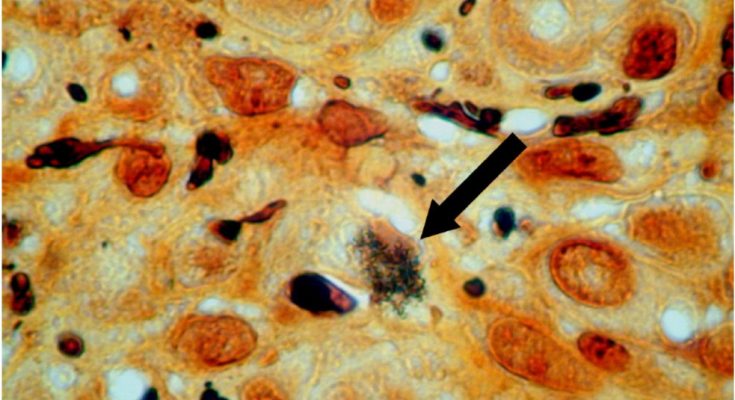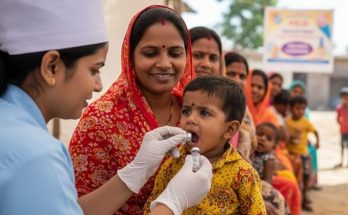Edmonton/CMEDIA: Alberta doctor reportedly was alarm over 7 patients contracting infection from organ transplants, as organ donors had been living with homelessness and were infected themselves.
Bartonella quintana, an infection caused by body lice found in seven organ transplant recipients in Alberta since 2022., was found by a transplant infectious disease physician in Alberta , Dr. Dima Kabbani, who treated the patients.
A disease that is more commonly associated with the trenches of the First World War, Bartonella quintana caused by body lies which presents as skin lesions found in refugee camps, had been detected in several patients in Alberta who received organ transplants.
“It was quite alarming to us, especially that we know that this bacteria can cause a more serious type of infection…can affect your heart valve or…affect some of the major organs,” Kabbani said and added that that she was surprised to see that type of infection in Alberta.
The disease, which presents as skin lesions signals that the bacteria is actually around individuals who are unhoused and without access to water.
Kabbani said she alerted Health Canada and recently authored an article for the American Journal of Transplantation to alert other transplant programs across Canada and around the world.
All seven patients were treated with antibiotics and have recovered, Kabbani said.
Dr. Carl Boodman, an infectious disease doctor and microbiologist, who authored a review article for Open Forum Infectious Diseases on the Alberta cases stressed that as the organ transplants being life-saving service for many people are critical for the patients.
He added that earty recognition of donors with bartonella quintana could save the increased risk for the patients.
A hygiene hub in Edmonton with washrooms and showers shut down at the end of August.
Tricia Smith, executive director of Radius Community Health and Healing in Edmonton, said body lice has been found in homeless populations and added consistent effort on a population level could solve the problem.
In a statement to CBC News, Alberta Health Services (AHS) said “New guidelines now ensure that both unhoused donors and their recipients are tested at three-, six- and 12-months post-transplant.”





